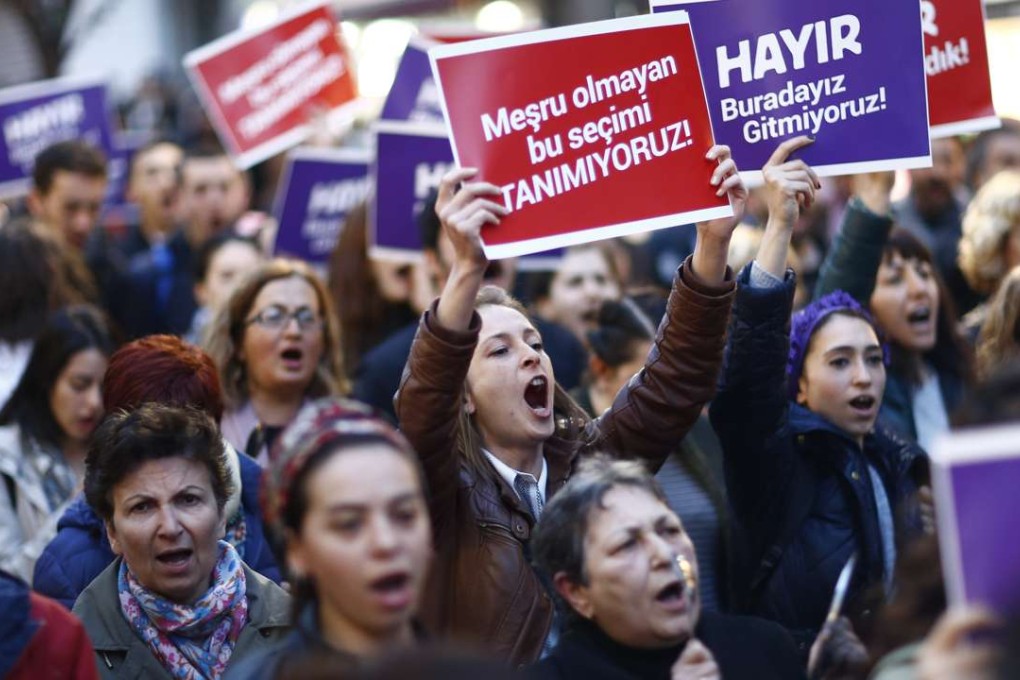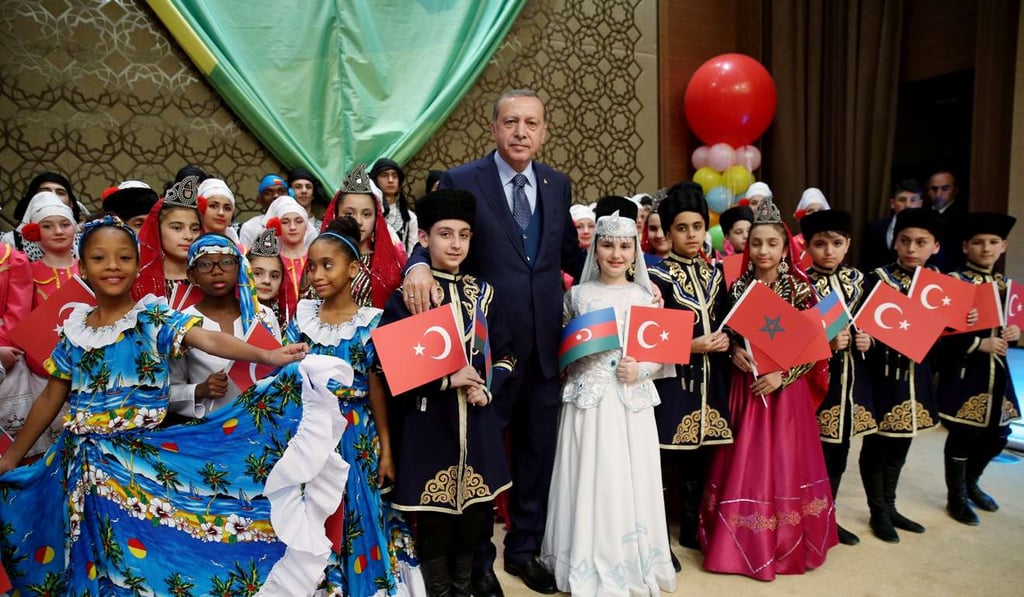Opinion | What a stronger Erdogan means for China
Beijing’s long-term investment in the Turkish leader may prove lucrative if the new executive president can keep a grip on his own nation’s tumultuous internal politics

Anyone vaguely familiar with Turkey will know that it’s a geopolitical cauldron. The issues that buffet the leadership in Ankara will change swiftly, often on a week-to-week, or even day-to-day, basis. The speed and scale of the changes often manifest themselves in violence and war in Turkey’s contiguous regions.
Not surprisingly, the Turkey dossier in the Ministry of Foreign Affairs in China has been thickening. China also made some serious breakthroughs in Turkey’s high-speed railway. After more than US$1.2 billion and four years, the journey between Istanbul and Ankara now takes just four hours and costs a mere US$30, making it a much cheaper option than flying.
The line was Chinese-built. China has thus helped Turkey break an important physical barrier. Turkey now wants to add more high-speed railway tracks between its east and west. Some 97 per cent of Turkish land lies on the Asian side and 3 per cent on the European side, including Istanbul.

It is this unique location that gives Turkey unparalleled geopolitical importance, which China, as a veto-wielding member of the UN Security Council, understands.
Turkey was a non-permanent member of the Security Council from 2008 to 2010. Of the 10 issues that came up at the council in that time, nine had direct implications for Turkey. They were: Iraq, Syria, Israel, Lebanon, Somalia, the rise of radical Islam, Georgia, Russia and Iran. The exception was North Korea, but even there Turkey had a loose connection.
